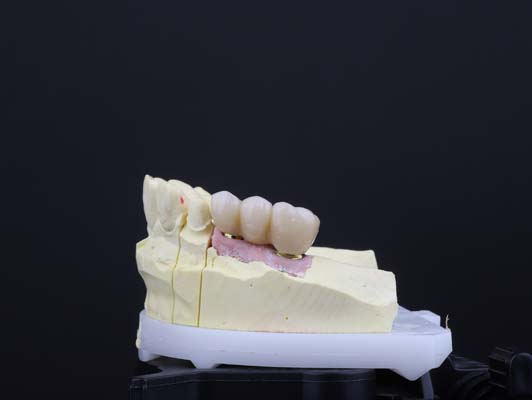Why Your Family Dentist Recommends Regular X-Rays

Most family dentist recommend regular dental X-rays once a year or more often if the patient is going through certain treatments. Understanding the importance of regular X-rays from your family dentist is helpful. Many people avoid the diagnostic service simply because they do not understand the role that dental X-rays have in dentistry.
The purpose of dental X-rays from a family dentist
Family dentists recommend dental X-rays for all their patients, regardless of their oral health status or their age. There are many potential oral health issues that cannot be seen without them. The following review discusses what dental X-rays are and their importance.
What are regular dental X-rays?
Dental X-rays are part of a diagnostic procedure that shows images of the patient’s teeth, supporting roots, and jaw. The purpose of dental X-rays is to check the oral health of the patient. Dental X-rays can detect a range of concerns, including impacted teeth, bone loss in the jaw, and teeth fractures. There are different types of dental X-rays, each of which shows a different area of the mouth. This provides the family dentist with all the views necessary, so no oral health concern(s) go undetected.
How often are dental X-rays recommended?
The frequency at which dental X-rays from a family dentist are required varies based on the age of the patient and the status of their oral health. Patients who have good oral health may only need dental X-rays once every one or two years. However, patients who have more extensive oral healthcare needs may require dental X-rays as frequently as every four to six months.
What can patients expect during dental X-rays?
Dental X-rays are non-invasive and only take a minute to complete. The dental assistant, hygienist, or dentist can guide the patient through the process. Some dental X-rays are taken standing up, whereas the others are taken while sitting comfortably in the dental chair.
Are regular dental X-rays expensive?
Regular dental X-rays are almost always covered by dental insurance in full and come at no cost to the patient. For patients who do not have insurance, the cost is still quite low. Regular dental X-rays are essential for checking the patient's oral health, particularly the parts of the mouth that cannot be seen during an oral examination.
What treatments might be necessary after dental X-rays?
If the dentist detects any oral health concerns, then they can help the patient put together a treatment plan. Often, a dental cleaning is performed after dental X-rays, or the family dentist may recommend scaling and root planing if the patient has signs of gum disease.
Discuss X-rays and other services with our family dentist team
Here at our family dental practice, we offer dental X-rays and other diagnostic services to detect oral health issues before they worsen. If you would like to schedule a consultation visit and learn more about the status of your oral health, contact our friendly and professional dental team today.
Request an appointment here: https://dicksonfamilydental.com or call Dental Partners Dickson at (615) 931-4088 for an appointment in our Dickson office.
Check out what others are saying about our dental services on Yelp: Family Dentist in Dickson, TN.
Related Posts
A family dentist serves as the front line of defense for oral health and preventive care. They can see patients from childhood all the way through their lives, allowing for a level of continued care, attention, and personal knowledge that is unmatched among other types of dental offices. If you are considering what kind of…
Oral injuries that lead to severe bleeding in the mouth count as dental emergencies. Blood clots have a more challenging time forming in the mouth, and deep cuts in the mouth can lead to significant blood loss without the care of an emergency dentist. Waiting up to a few weeks for a regular appointment is…
A porcelain fixed bridge is outstanding as a dental restoration that can replicate the appearance and function of natural teeth. The dental bridge is an option to consider when seeking to replace one or multiple teeth that are damaged or lost. A dentist can design the porcelain fixed bridge to mimic the look of natural…
Teeth whitening treatments can help you achieve the bright smile you have always wanted. Dentists have two main options they offer patients regarding whitening their teeth: professional teeth whitening and at-home whitening kits. Professional teeth bleaching treatments can be broken down into conventional and laser whitening treatments.These two teeth-whitening alternatives use peroxide-based chemicals as bleaching…


